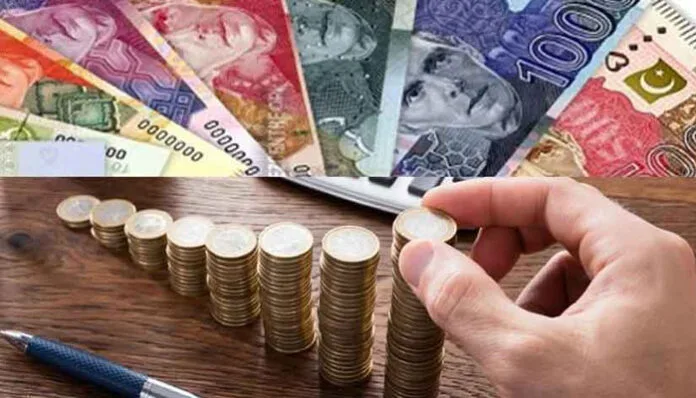By: Zeeshan Khan
The Rise of a Dangerous New Narrative
The growing influence of Tehreek-e-Labbaik Pakistan (TLP) is becoming a grave concern for both Pakistan and the international community. Unlike the Tehrik-i-Taliban Pakistan (TTP), which predominantly operates in rural and tribal regions, TLP has managed to infiltrate major urban centers like Karachi and Lahore. This urban foothold allows TLP to tap into a vast support base within lower-income neighborhoods, where their stringent anti-blasphemy rhetoric finds fertile ground.
Over the past few years, TLP has been linked to numerous public lynching incidents and violent attacks on minorities, all under the guise of protecting religious sanctity. Their hardline stance on blasphemy has not only destabilized the social fabric within Pakistan but also poses a significant threat to Islamic extremism abroad. A recent UK government-commissioned report titled “Understanding and Responding to Blasphemy Extremism in the UK” has shed light on the alarming rise of blasphemy-related extremism within the country, attributing its roots to the Pakistan-based TLP.
The report’s findings are a wake-up call, highlighting the emergence of a UK wing of TLP that seeks to radicalize the diaspora community. This development is particularly troubling given TLP’s notorious history. The party gained prominence through pro-Mumtaz Qadri protests. Qadri, a bodyguard who assassinated Punjab Governor Salman Taseer in 2011, justified his actions by accusing Taseer of blasphemy for speaking against Pakistan’s draconian blasphemy laws. TLP’s glorification of Qadri and its continued use of the blasphemy narrative have the potential to radicalize individuals far beyond Pakistan’s borders.
The implications of TLP’s rise are profound. Domestically, it threatens to further polarize an already divided society, sowing discord and violence. Internationally, it serves as a catalyst for extremism, influencing susceptible individuals within the diaspora and potentially inspiring similar movements in other countries. The international community must take note of this emerging threat and collaborate to counter the spread of such dangerous ideologies.
The rise of Tehreek-e-Labbaik Pakistan (TLP) as a registered political entity is perhaps the most alarming development in the country’s socio-political landscape. Having participated in the last two elections, TLP has now emerged as the third most popular party in Pakistan as of 2024. This growth in political clout not only legitimizes their extremist views but also grants them a significant platform to influence national policies and societal norms.
One of the most devastating incidents linked to TLP occurred on August 16, 2023. In a horrific display of religious intolerance, twenty-one Christian churches were set ablaze, and homes belonging to Christian families were looted and destroyed by radical Muslim rioters. These acts of arson and violence were in response to alleged Quran desecration, leading to a wave of destruction that also included the desecration of Bibles.
The aftermath saw over 100 individuals arrested for their involvement in the church arsons, including members of TLP. This incident starkly illustrates the dangerous influence TLP wields and their capacity to incite violence under the guise of protecting religious sanctity. Their participation in mainstream politics gives them an alarming degree of influence, which they have not hesitated to use to further their radical agenda.
TLP’s emergence as a political force raises critical questions about the future of Pakistan’s democracy and the protection of minority rights. The party’s ability to mobilize masses on the grounds of religious fervor underscores the volatile intersection of religion and politics in the country.
In addressing this burgeoning threat, Pakistan faces a complex challenge. The state must balance the enforcement of law and order with the need to address the underlying socio-economic issues that fuel support for extremist groups like TLP. Additionally, there is a critical need for promoting a narrative of inclusivity and tolerance within the country, countering the divisive rhetoric propagated by such group. It is imperative for both Pakistan and the international community to recognize and address this challenge head-on, ensuring that the principles of democracy, human rights, and religious tolerance are upheld and protected.
The author is a broadcast journalist from Pakistan, currently serving as an Executive Producer at Geo News. He can be contacted via email at zee.khan@geo.tv.





